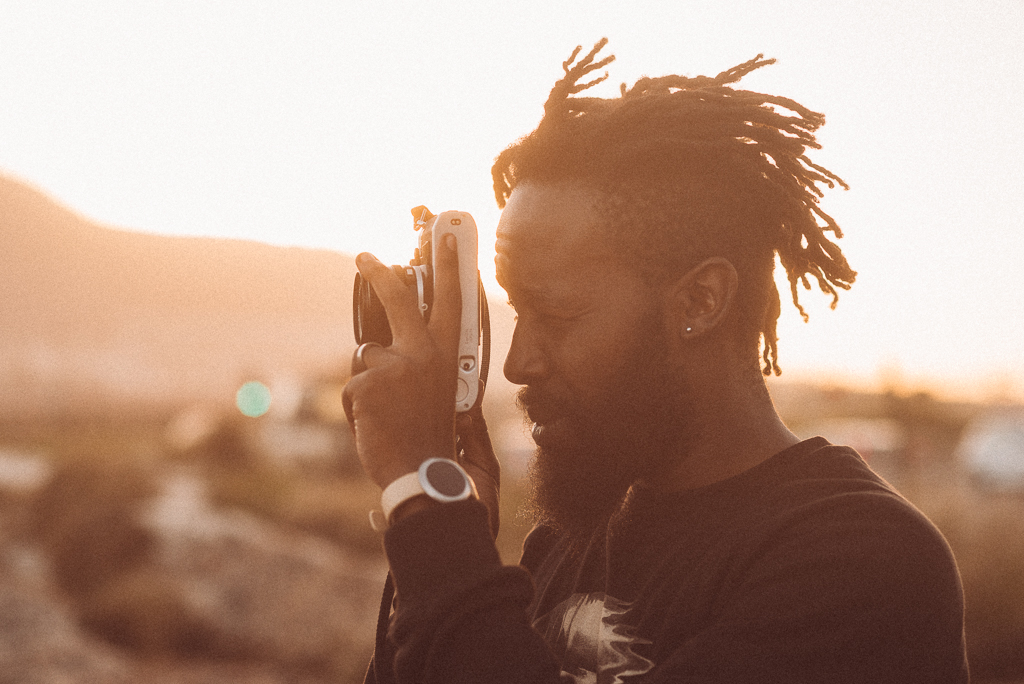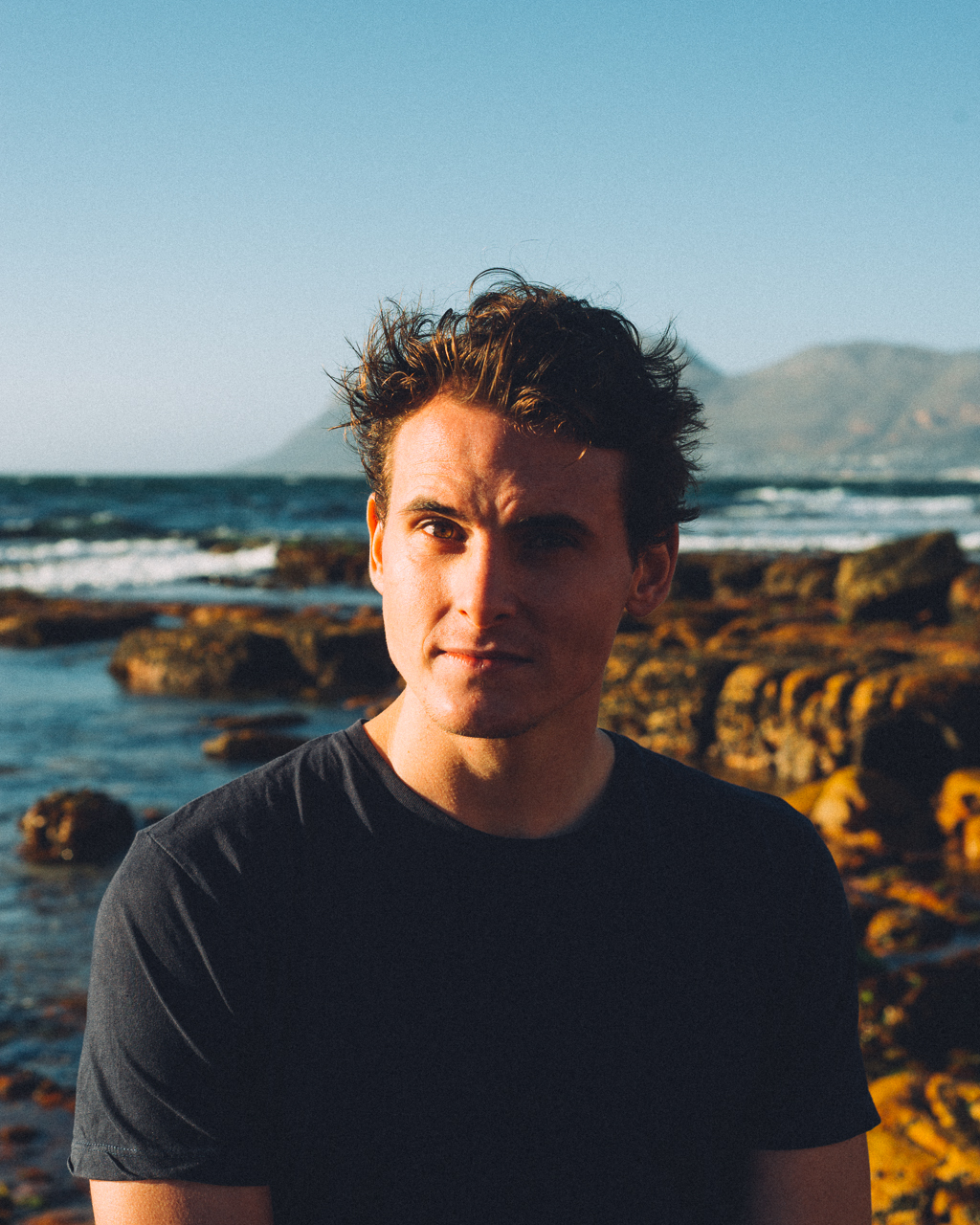6 Ways to improve your Photography by tuning your Brain
University way. 2015
It’s common to place focus on the tools we use in our work and forget the best tool we have access to, the Brain.
Our brains are the best tool we have but the hardest tool to train. It’s a lot easier to buy new gear when we feel it will make the work better. Easier to get more polished equipment, better lenses. It’s harder to spend more time training ourselves to get better. A lot harder.
I never started photography on film. I jumped straight to digital and always felt like a fraud because of this. I felt like I should have learnt like a real OG by engaging the “harder” tools to use. Not the “easy” shoot and look at what you got cameras. Over time, the guilt faded as i realised that Digital didn’t make photography easy, it made learning easier. You could shoot and see your result asap and make a correction to make the photo better. In so doing, you learn. But you have to be doing it with the intentional purpose of learning and being better. If not, it doesn’t work.
Me. Photo by @joshkisamwa.
Here are some things I have done to train my brain to be better and get the most out of my photography.
1. Intentional Repetition
Repetition has been proven as a way of acquiring and retaining new skills. When you start, the brain is actively thinking about the activities in the process. Like where some buttons are in the camera, or what settings to use to get the right shot, or what techniques is best for getting a good shot. Over time and with repetition, the brain is no longer thinking of the activities involved in the process but just the process. Now it becomes not about what equipment is doing but what you can achieve with what is existing.
The more this is done, a style starts to emerge from the work. A process starts to form and again we sink into a comfortable process which doesn’t foster learning. Then it is time to step up the challenge.
Uhuru Park Viewpoint. 2012
Uhuru Park Viewpoint. 2013
Uhuru Park Viewpoint. 2014
Uhuru Park Viewpoint. 2015. (Gikomba was on fire and there was no one here to witness it from this angle. The dark cloud at the top is the smoke from the fire.)
Uhuru Park Viewpoint. 2016
Uhuru Park Viewpoint. 2016
2. Increase the Challenge
Growth is a process that requires resistance. I don’t think growth happens without a push back. This is why comfort kills growth and progress by creating a lull where things might be good but don’t get better. How to fight comfort is to constantly do things that scare you. Body builders do this thing as they approach competition where they not which of their muscles are weak and in need of getting up to speed and they put lots of focus on making those muscles stronger and better shaped. How? By working those specific muscles harder. (I saw this in Arnold Schwazeneggar’s documentary, Pumping Iron). Working on things we’re weak at is painful and boring and embarrassing, but it’s the only way to get better at those things. It’s so much easier to keep doing what we’re great at because we feel better that way but this isn’t a healthy environment for growth.
I really hate (fear) shooting portraits. But I really love to capture the essence of people I meet so I overcome my fear and hate of it by asking people to take their portrait when I meet them. It's hard for me but I do it every single time.
@jaydabliu on Table Mountain. 2017
@namuks & me on the streets of Nairobi. 2016
@joshkisamwa in Cape Town. 2017
Me. In Cape Town. By @annegret.affolderbach. 2017
@diaryofZach in Cape Town. 2017
3. Start from the end
I believe in ‘the end product informing the process’ so I mostly work backwards. What do you want to achieve and in how long? This is as simple as in a shoot or in your photography as a whole. But let’s focus on a specific shoot or shot. What do you want to make? What are the tools and skills required to make that thing. If I want to shoot a silky waterfall during the day, I know that I have to shoot an exposure of at least a second or longer. In daylight this may not be possible without an ND filter to darken the day and allow the camera to shoot longer. To shoot the long exposure, I would also need a tripod to keep the camera steady. The desired end product informs the process. If I don’t have the tools to achieve this then I could change my strategy and shoot something different. It’s only possible to do this if your mind and not the camera is determining the shots.
Ngara, Nairobi. 2015
Kenyatta Avenue, Nairobi. 2016
4. Trust the process
Repetition is a boring and long process. You have to give it the time it needs or you will achieve nothing and in the process waste your time. Many times I ask people who send me images to critique to learn something new and some send me another image the very next day having not learnt that thing but thinking they have. I’m always having to tell them that the thing I asked them to learn will take time and I was asking for them to get engaged with the process without just thinking of the end result. Focus on the process of learning the skill. When you just focus on the end, you frustrate yourself with a rigid desired outcome.
Nairobi from KICC. 2010. My first ever photo of Nairobi. Though I still love it, I saturated the colors way too much.
Nairobi from KICC. 2013. I think there has been some growth. I might be wrong.
5. Steal from your idols
When you start, you don’t know what works and what doesn’t so steal from everyone you admire. Austin Kleon in ‘Steal like an Artist’ talks about stealing from people you admire. Don’t just steal from one person, that isn’t cool. Steal from many. Let their work influence you. You will find yourself through all these people you steal from. Collect ideas even if you won’t use them immediately. Immerse yourself in what your artistic heroes are doing and try to understand how they think and why they do what they do. Store what you don’t use for later. In doing this, your mind is engaging on thoughts of thought leaders.
6. Share Your Work
We share, not just so we get likes and praise comments (though that is also cool, so keep doing it guys). We share to get over the fear of people seeing us at our worst. When learning, sharing encourages yourself and others to be part of the process. My first year on Instagram has photos I am so embarrassed about right now and quite often, people scroll all the way to see where I started and drop comments. There’s a time I wanted to delete a lot of these images but I decided not to. Many guys would say that seeing how far I have come from gives them hope that it can be done. (Thanks guys, I guess. I still don’t know if this is a compliment or an insult). Don’t share for validation. Share to share. Also share because showing people what you like attracts other people that like the same things that you do. This community makes it worth the sharing.
I know I have probably left out many important things that are probably important, probably 😊. If you have more ideas, please let me know in the comments. Have a great day and God bless.
“What makes us interesting isn’t just what we’ve experienced, but also what we haven’t experienced. The same is true when you do your work: you must embrace your limitations and keep moving”
A lot of this post is heavily inspired by lessons learnt in my 7 years as a photographer and reading & stealing from 'Steal like an Artist' and ‘Share Your Work’ by Austin Kleon.






















